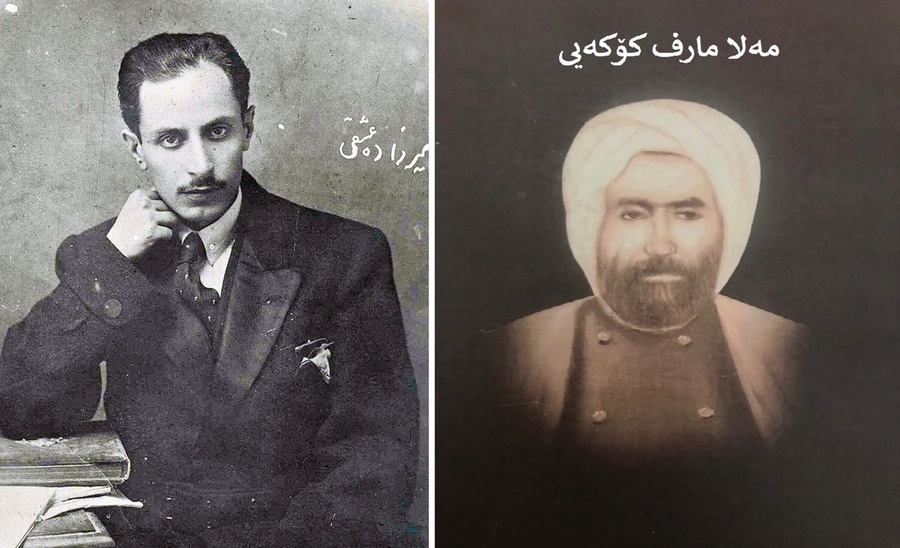Dr. Azad Mukri
At the end of the nineteenth century and the beginning of the twentieth century, both in the Middle East societies and their literature great changes happened. The changes happening in the Middle East were one of the consequences of globalization. Obviously, globalization was a way to close every nation in the world together. This process of getting nations closer together happened faster in those countries that had access to newspapers, radio, television, and publications. However, a country like Iran and part of it like the East part of Kurdistan within that geography experienced the waves of globalization later and at a slower speed due to the lack of information exchange in a developed form.
One of the results of the wave of globalization was to get to know a different form of literature especially the political literature of the region. In the article, "The Route of Refreshing the Poetic Thought in Kurdish" written by "Yunes Rezaei", this subject has been discussed in detail. Before encountering Western ideas via newspapers, books, publications, and meeting foreign tourists or traveling to their countries, the content of Iran's literature in general and the East part of Kurdistan, in particular, was tied to thousands of years of traditional ideas of the Kurdish people and Iranian people. The base on which literature was built included a form of supernatural love in which the distance between the lover and their loved ones was so distant that no one could find it on earth according to these poets and scholars. That is, literature was in the heavens and it rarely talked about the real social issues.
On the other hand, the reality and its reflection in literature was considered a non-literary act that was not artistic at all, thus, it is very rare to see a topic about real-life issues in the traditional Kurdish or Persian literature. However, in both Kurdish and Persian there are some exceptions in the literature in which the poet has discussed real-life issues. But generally, this was not common and it was not the dominant discourse. However, at the end of the nineteenth century, as was mentioned earlier, both Kurdish and Persian literature changed their traditional path.
From that time on, literature was able to benefit from the scientific meanings and concepts of other fields particularly the social and political ones directly. The Kurdish writers and poets along with the Iranian writers and poets brought the political meanings and the sociology concepts into their poems. This was called the route of social "Awareness" or "Awakening", because the writers and poets had descended from a heavenly position in which they received heavenly messages to a position in which they would talk about topics and meanings in the fields of philosophy, sociology, and politics as the leaders of political ideologies of the society. One of these important and essential topics was the "republic" structure against the monarchy system.
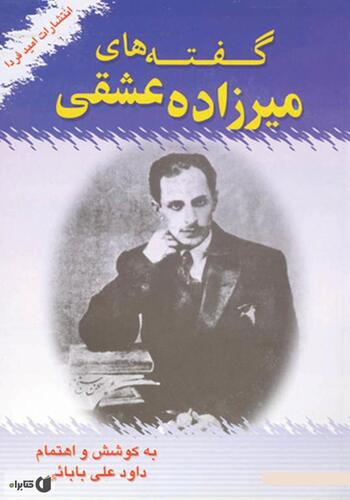
The first Persian poet who glanced at the concept of a republic system was a poet named "Mirza Abulqasm Kurdistani" known as "Mirzadeh Eshqi". Mirzadeh was a student who studied in Istanbul but his return to Iran was at the same time as the beginning of great changes in the thoughts and ideas of the Iranian people. Thus, Mirzadeh Eshqi paid attention to the details of the political structure of Iran. At that time a group of political men in Iran attempted to establish the Republic system instead of the monarchy system. Mirzadeh Eshqi stood against these people and instead of criticizing their actions, he ridiculed the republic system.
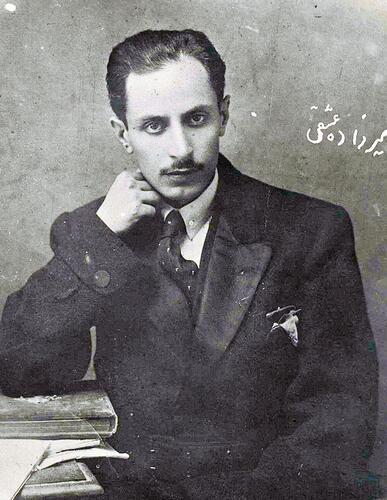
Mirzadeh Eshqi who identified himself as one of the leading poets in the renewal of Iranian poetry began to taunt those who were working for the establishment of a republic system naively and he even insulted the Kurdish people for the idea of supporting the republic system:
In a poem of his, Mirzadeh says:
"When they talk about the republic system
Iranian people become fools
I will ridicule them and
I will treat them like mules"…
Shortly, this Persian poet thought that the republic system was a way to mislead people.
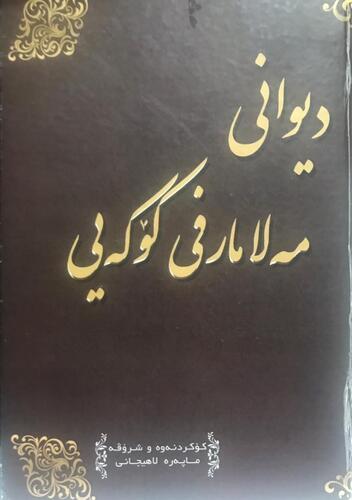
At the same time as Mirzadeh, there was a Kurdish poet in Mahabad named "Mullah Marf Kokayi" who was tired of the cruel and traditional monarchy system. He wrote a distinctive and hopeful poem about the republic system wisely. Comparing two poems written at the same time for a republic system by a poet from the center of Iran named Mirzade Eshqi and a Kurdish poet living in a distant city in the East part of Kurdistan can clarify many things for us. Since the social structure of the Kurdish people in Kurdistan was a political structure even before the Constitutional Revolution in Iran, the people could understand the Monarchy's corrupted system much better. The Kurdish poets and writers were the leaders of developing the modern ideas one of which was the idea of the global new political structure.
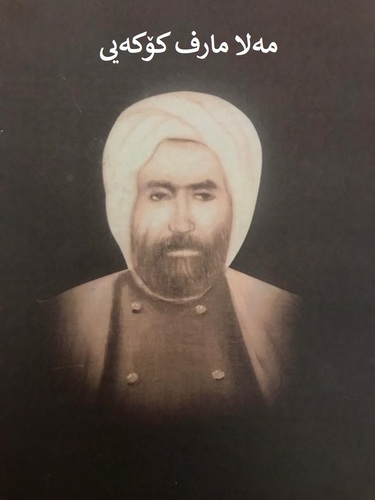
Mullah Marf Kokayi not only did not make fun of the content of the republic system but he also illustrated the face of a country that is captured by a dark night in his poem "Let’s Make Republic Come True". That is, ironically, he says that the monarchy system imprisons the people in darkness and suffering.
However, in the end, Mullah Marf asks everyone in order to lighten up a country that is under the darkness of the monarchy system to cooperate and unify so that they could establish a new structure to make the country a better place. He identified this lightening system as the Republic system:
"Brothers, think of a torch in the darkness of the night
Carry out an uprising, Let's make Republic come true".

